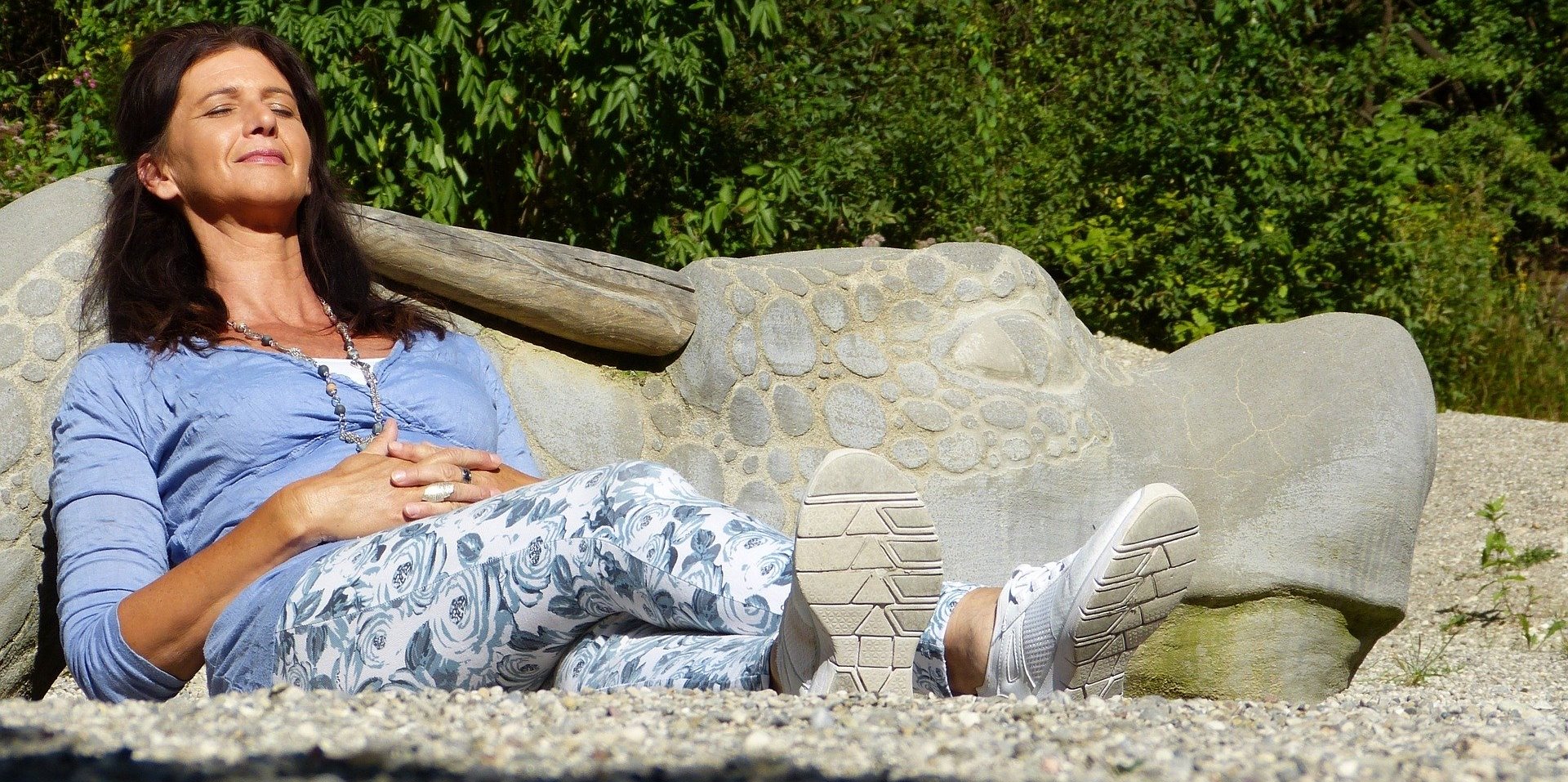Do you need help with the Menopause?
The menopause is when a woman stops having periods and is no longer able to get pregnant naturally. Periods usually start to become less frequent over a few months or years before they stop altogether. Sometimes they can stop suddenly. The menopause is a natural part of ageing that usually occurs between 45 and 55 years of age, as a woman’s oestrogen levels decline. In the UK, the average age for a woman to reach the menopause is 51. However, around 1 in 100 women experience the menopause before 40 years of age. This is known as premature menopause or premature ovarian insufficiency.
What are the symptoms of the menopause?
Most women will experience menopausal symptoms. Some of these can be quite severe and have a significant impact on your everyday activities.
Common symptoms include:
hot flushes
night sweats
difficulty sleeping
low mood or anxiety
reduced sex drive (libido)
problems with memory and concentration
Menopausal symptoms can begin months or even years before your periods stop and last around four years after your last period, although some women experience them for much longer.
Treatments for symptoms of the menopause
Your GP can offer treatments and suggest lifestyle changes if you have severe menopausal symptoms that interfere with your day-to-day life, including:
hormone replacement therapy (HRT)
cognitive behavioural therapy (CBT) –
eating a healthy, balanced diet and exercising regularly
For more information on the menopause, please visit http://www.nhs.uk/Conditions/Pages/hub.aspx
How can Advanced Healing Therapies help?
Here at AHT, we don’t prescribe drugs or offer cognitive behavioural therapy. What we do is treat your central nervous system to balance your hormones and return your body back to homeostasis; this is how your body keeps the internal factors in balance, including body temperature, water levels and hormones. By doing this, the treatment assists in reducing the symptoms of anxiety and stress, reduces night sweats and hot flushes, and allows you to get back into a normal sleep pattern.

Share this post:



